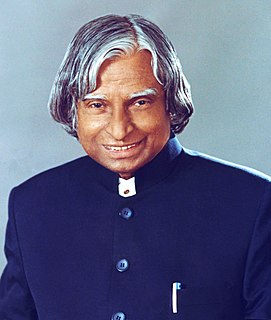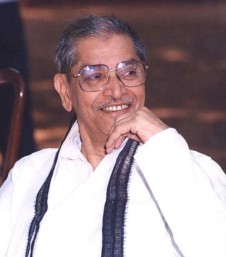A Quote by Friedrich Schiller
Knowledge, the object of knowledge and the knower are the three factors which motivate action; the senses, the work and the doer comprise the threefold basis of action.
Related Quotes
The knowledge we now consider knowledge proves itself in action. What we now mean by knowledge is information effective in action, information focused on results. Results are outside the person, in society and economy, or in the advancement of knowledge itself. To accomplish anything this knowledge has to be highly specialized.
That which is received from without can be compared with knowledge. It leads to believing, which is seldom strong enough to motivate to action. That which is confirmed from within after it is contacted from without, or that which is directly perceived from within (which is my way) can be compared with wisdom. It leads to a knowing, and action goes right along with it.
All men naturally desire knowledge. An indication of this is our esteem for the senses; for apart from their use we esteem them for their own sake, and most of all the sense of sight. Not only with a view to action, but even when no action is contemplated, we prefer sight, generally speaking, to all the other senses. The reason of this is that of all the senses sight best helps us to know things, and reveals many distinctions.
The main object of the work was to present such a survey of the advances already made in physical knowledge, and of the mode in which they have been made, as might serve as a real and firm basis for our speculations concerning the progress of human knowledge, and the processes by which sciences are formed.
In contrast to the knowledge that keeps man in a passive quietude, Desire dis-quiets him and moves him to action. Born of Desire, action tends to satisfy it, and can do so only by the 'negation,' the destruction or at least the transformation, of the desired object: to satisfy hunger, for example, the food must be destroyed or, in any case, transformed. Thus all action is 'negating'.
For many ages it has been allowed by sensible men, Nihil est in intellectu quod non fuit prius in sensu: That is, There is nothing in the understanding which was not first perceived by some of the senses. All the knowledge which we naturally have is originally derived from our senses. And therefore those who want any sense cannot have the least knowledge or idea of the objects of that sense; as they that never had sight have not the least knowledge or conception of light or colours.




































